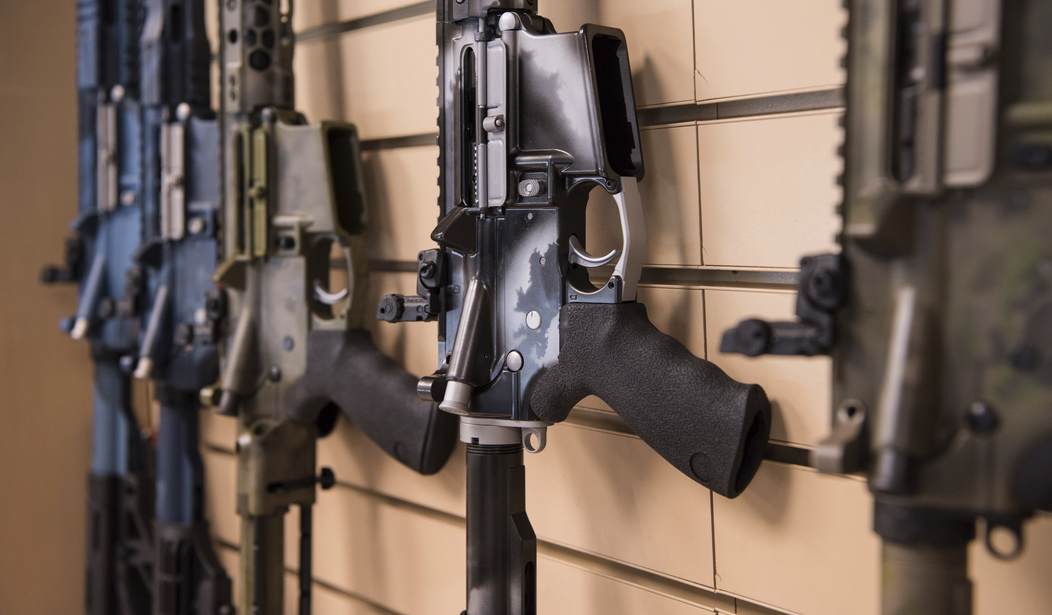The shooting and Lakewood Church in Texas may soon fade into the background, particularly after events in Kansas City, but it's still fresh enough that we're going to see stories where the media tries to Monday morning quarterback everything.
They'll propose numerous gun control laws that they'll claim might have prevented what happened and never consider anything but a prefect case scenario.
For example, we have this particular story that ponders whether or not a red flag law in Texas might have prevented the shooter from having a firearm.
Her ex mother-in-law also told KHOU that Moreno “had a particular kind of schizophrenia that caused her to become violent...She threatened her husband, my own son, and we still couldn’t get intervention.”
She continued: “We asked for help from CPS... We asked for help from police and received it many times but she was still allowed to own guns.”
In the couple’s divorce proceeding records, Moreno’s mother-in-law also claimed that in January 2020, she had “pulled an unlocked and loaded gun from underneath a seat in the car and pointed it at the head” of her husband, “only hours after a first unlocked and loaded handgun was found” by their then-three-year-old son “in his own diaper bag”.
While more details continue to emerge as the investigation continues, all eyes are turning to Texas’ lax gun laws – particularly the state’s absence of red flag laws.
Gun safety advocates are raising the question as to whether red flag laws — also known as extreme risk protection orders — could have prevented the shooting.
Of course, in this sort of thing, the red flag law works perfectly. The dangerous person is identified and the situation addressed, the guns taken away, and all is right with the world.
However, reality is never so neat.
For example, while it's easy to say that she was dangerous now and a red flag law might have helped, that assumes that people not just identified her as dangerous then but also figured taking out a red flag order was warranted.
That's not always a given.
In Colorado Springs, for example, the guy who shot up a LGBT nightclub was known to police and was known to be unstable and potentially dangerous. No one bothered to get a red flag order.
Then we have the fact that if the shooter was in fact mentally disturbed, why was there no effort made to get them adjudicated as "mentally defective," which would have barred her from lawfully buying a gun in the first place?
Red flag laws are temporary, but someone this disturbed may well have been too dangerous to trust with a temporary order, at least based on the ex-mother-in-law's claims.
Of course, then we have the fact that this is Texas. Even if she had been red-flagged and her guns taken, she could have just found another one. Someone is bound to be selling something, and since there aren't universal background checks, as long as she didn't show the seller in a face-to-face transfer that she was mentally unwell, she'd likely have gotten a gun.
Which would have resulted in the same thing and then we'd hear about how Texas needs universal background checks, even though we know that if those had been in place, she'd have just found someone willing to sell them anyway.
It goes on and on.
The only way to have prevented the shooting was to have prevented her from becoming a shooter, which is easier said than done.
Especially when anti-gunners keep pushing this red flag narrative.







Join the conversation as a VIP Member